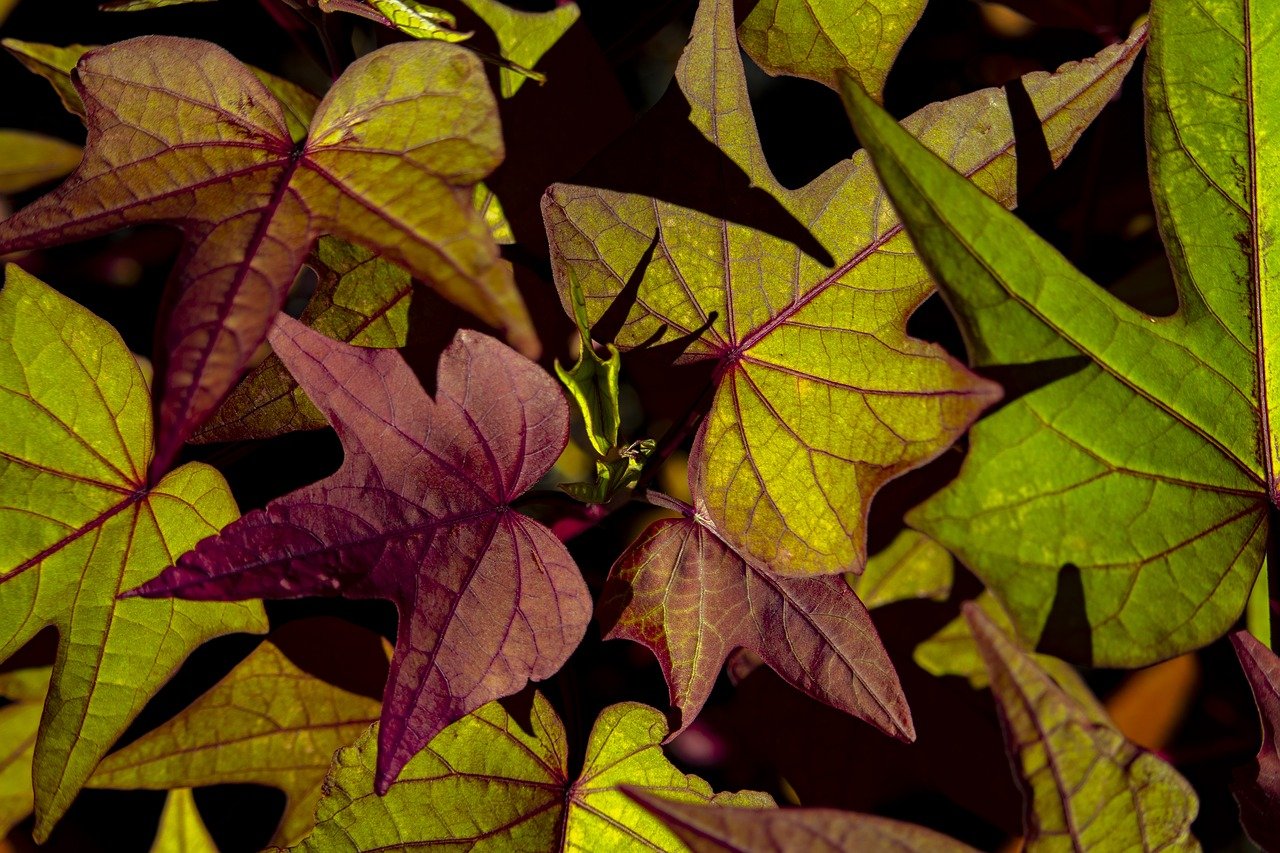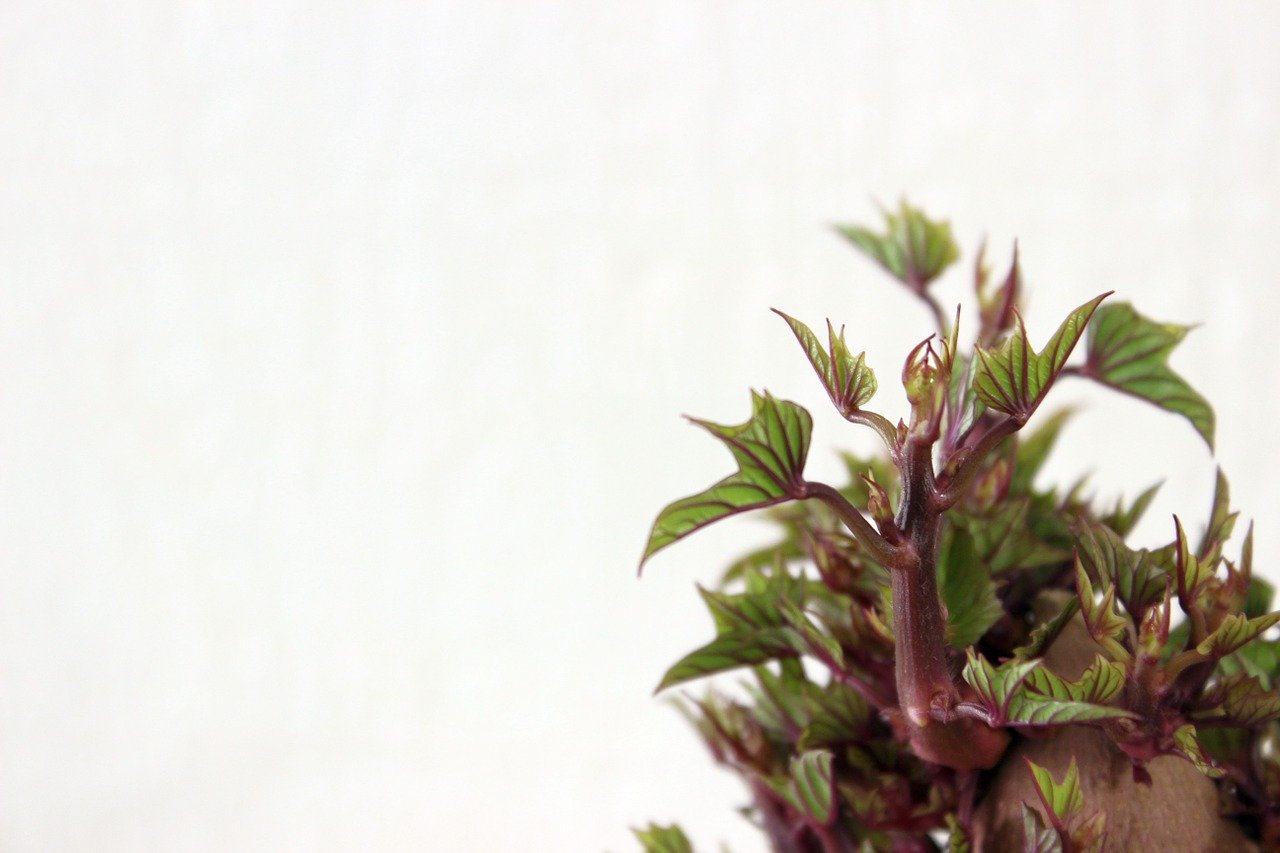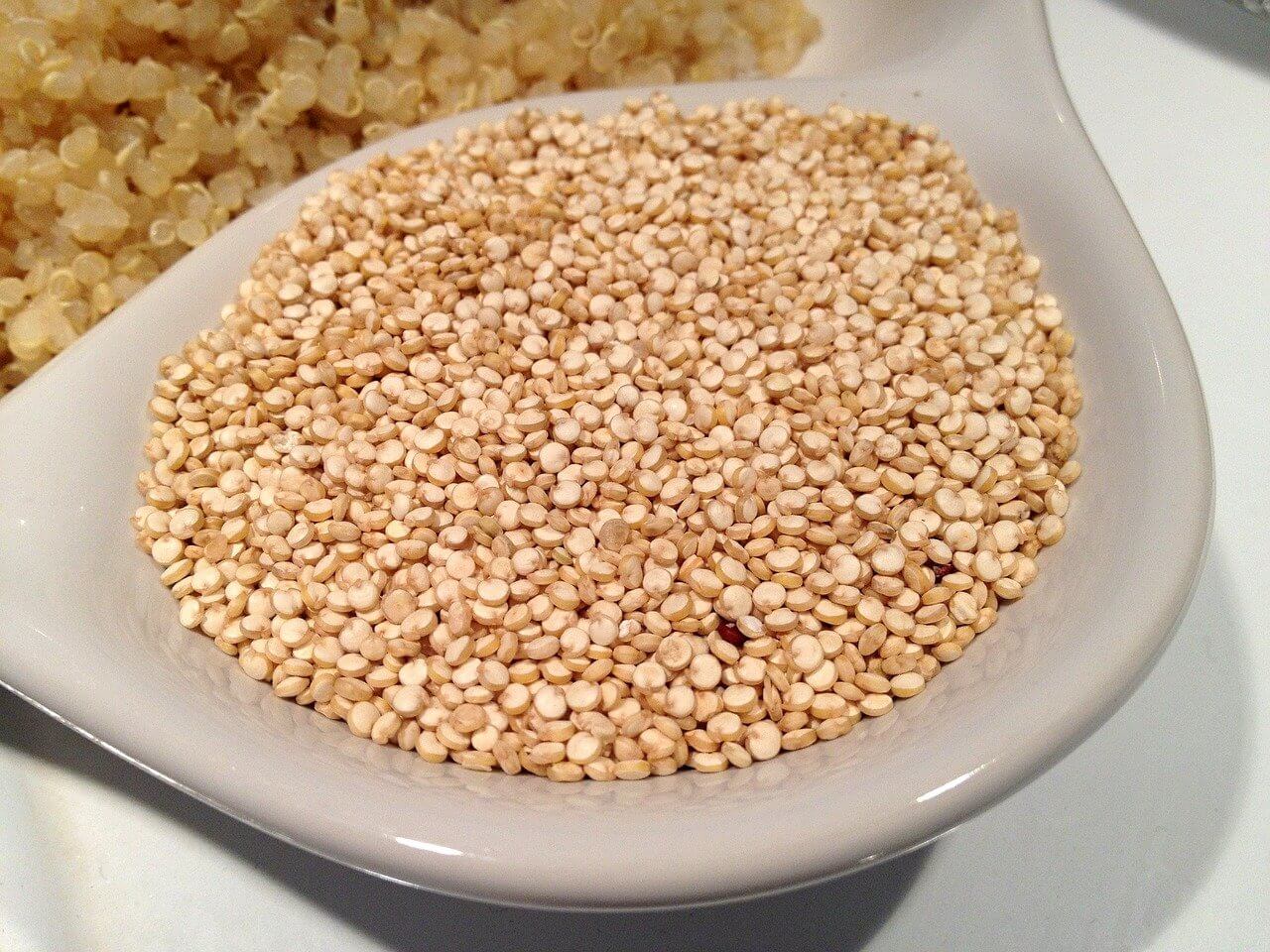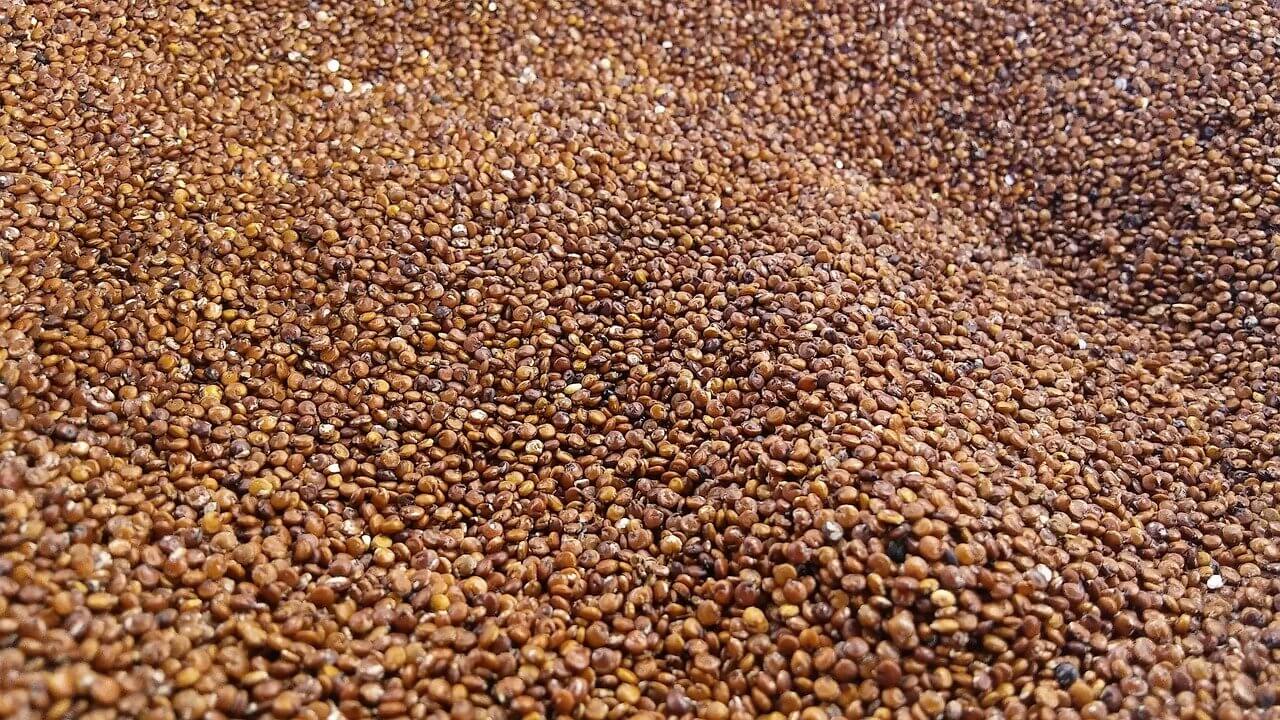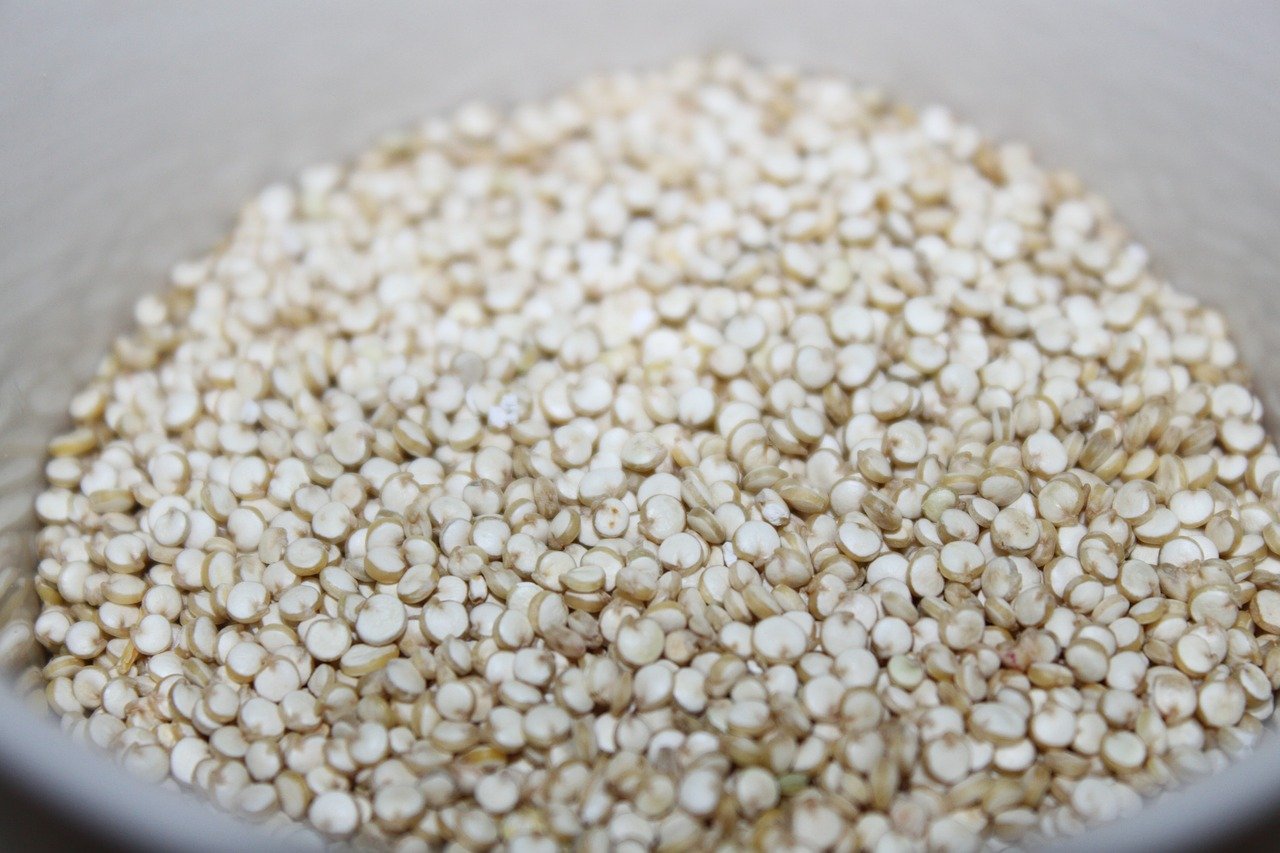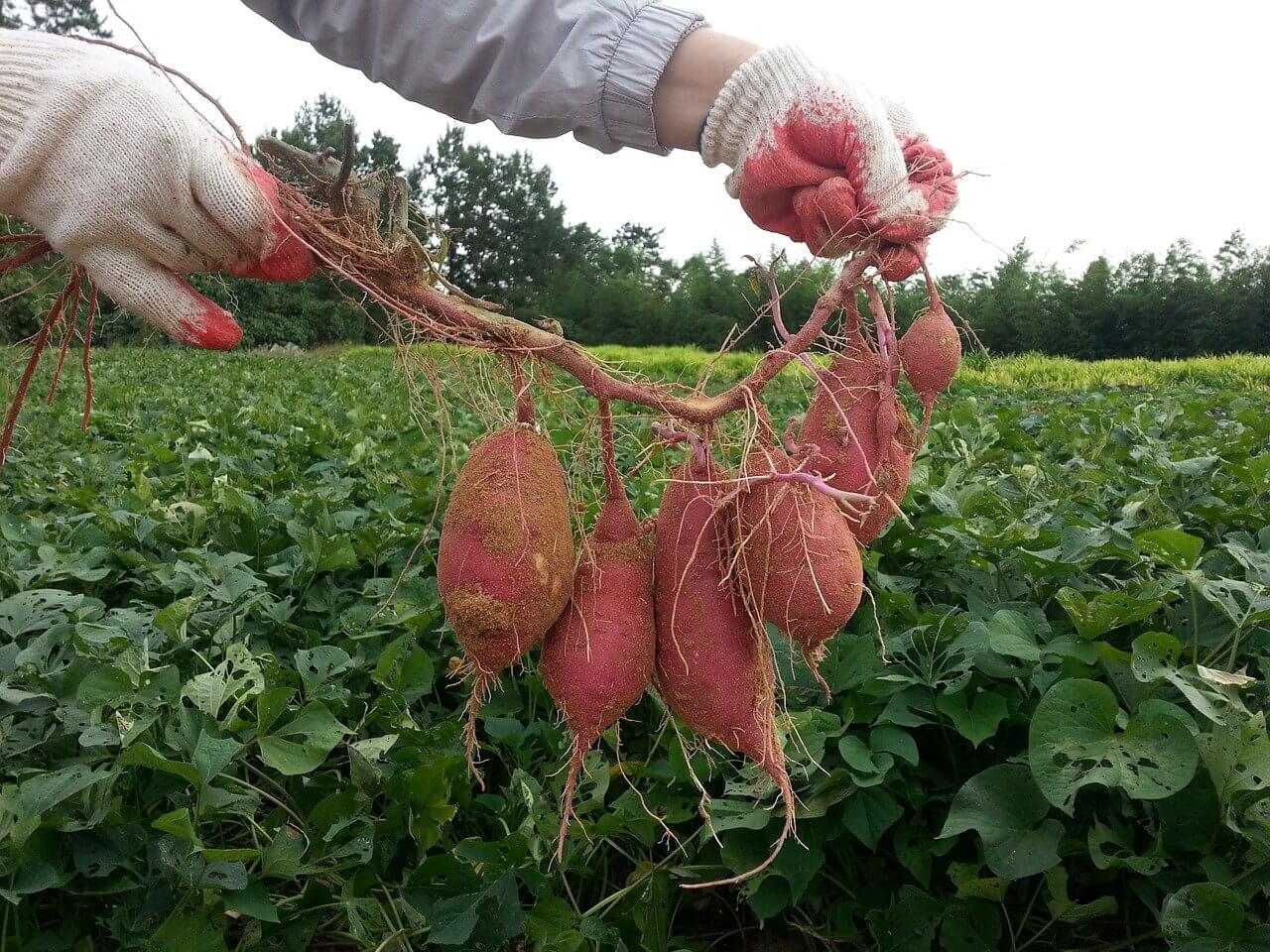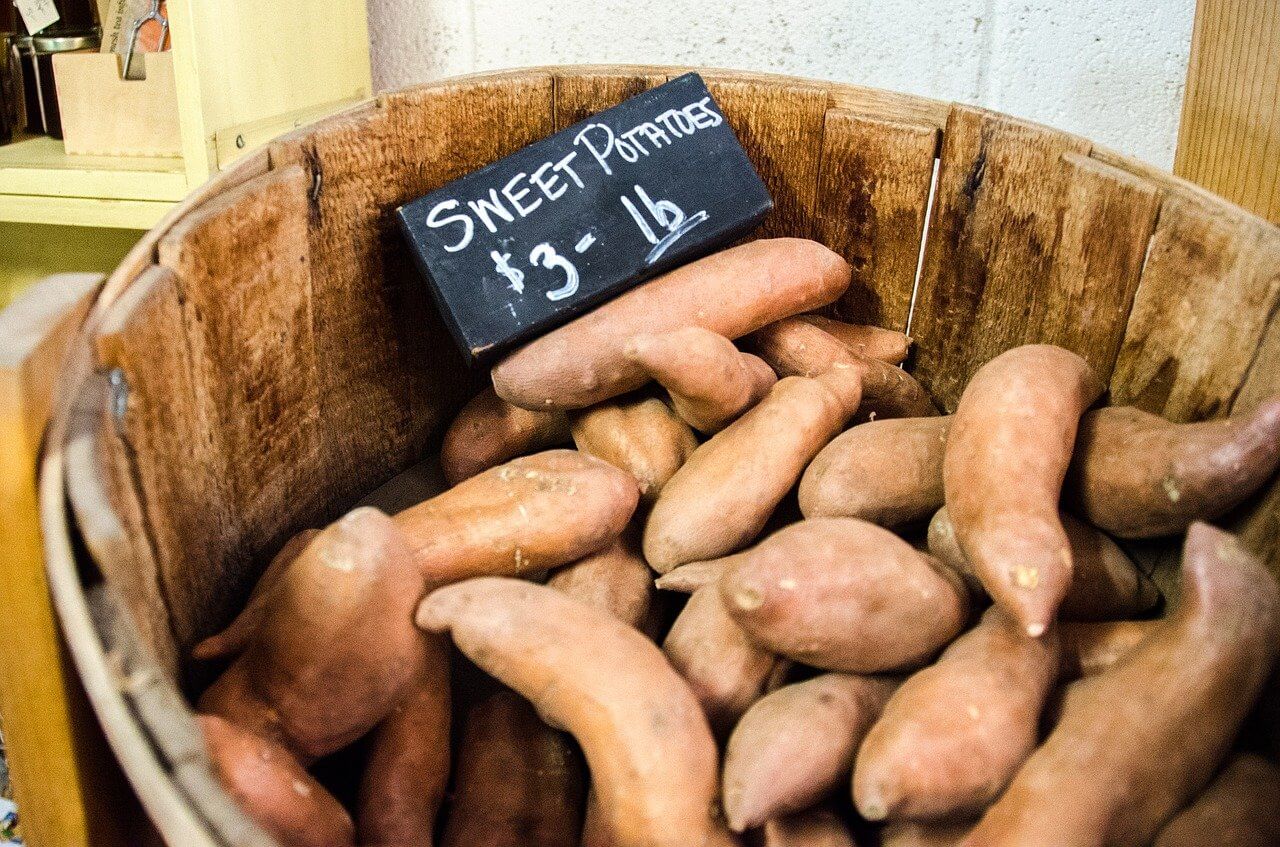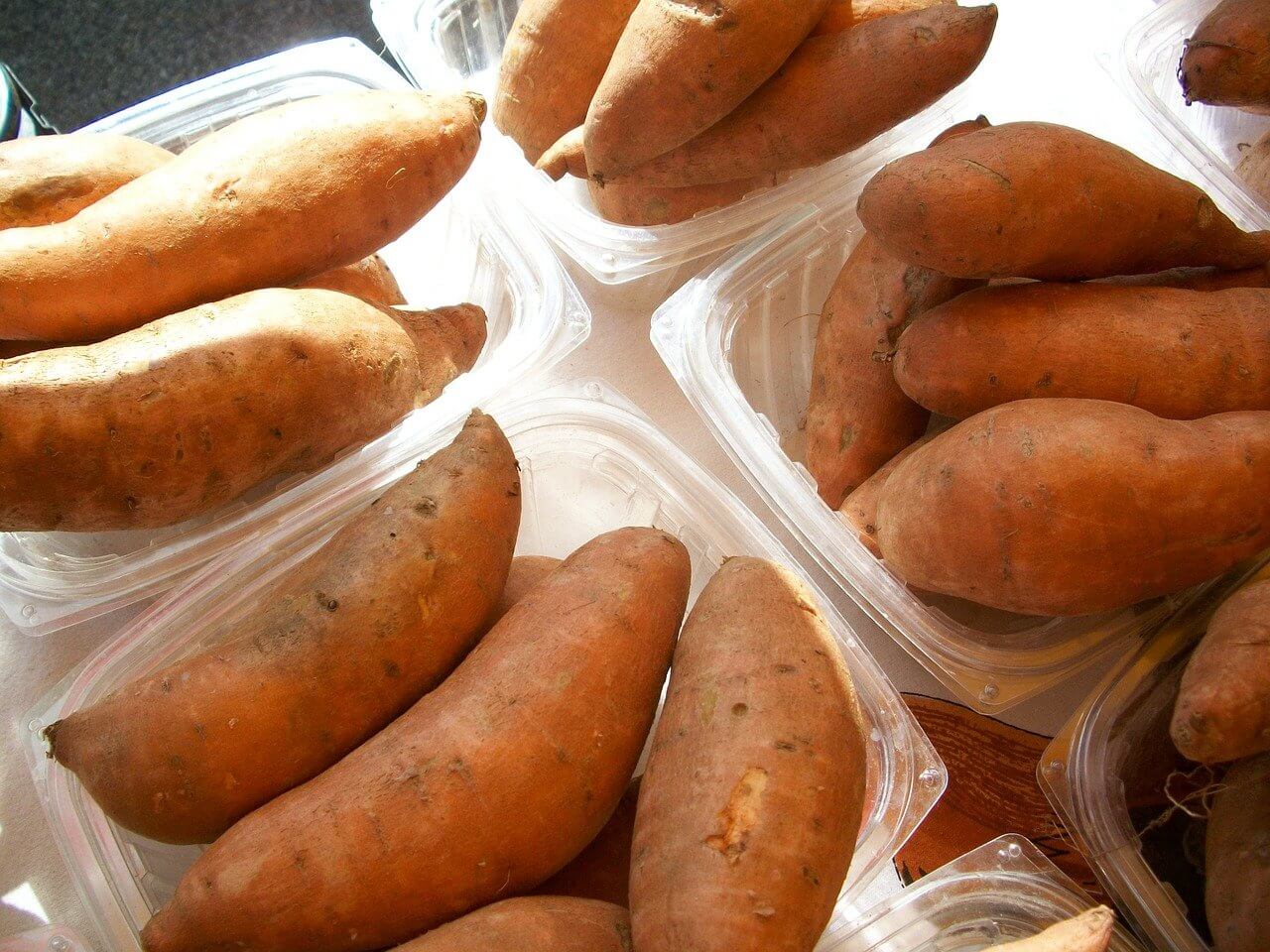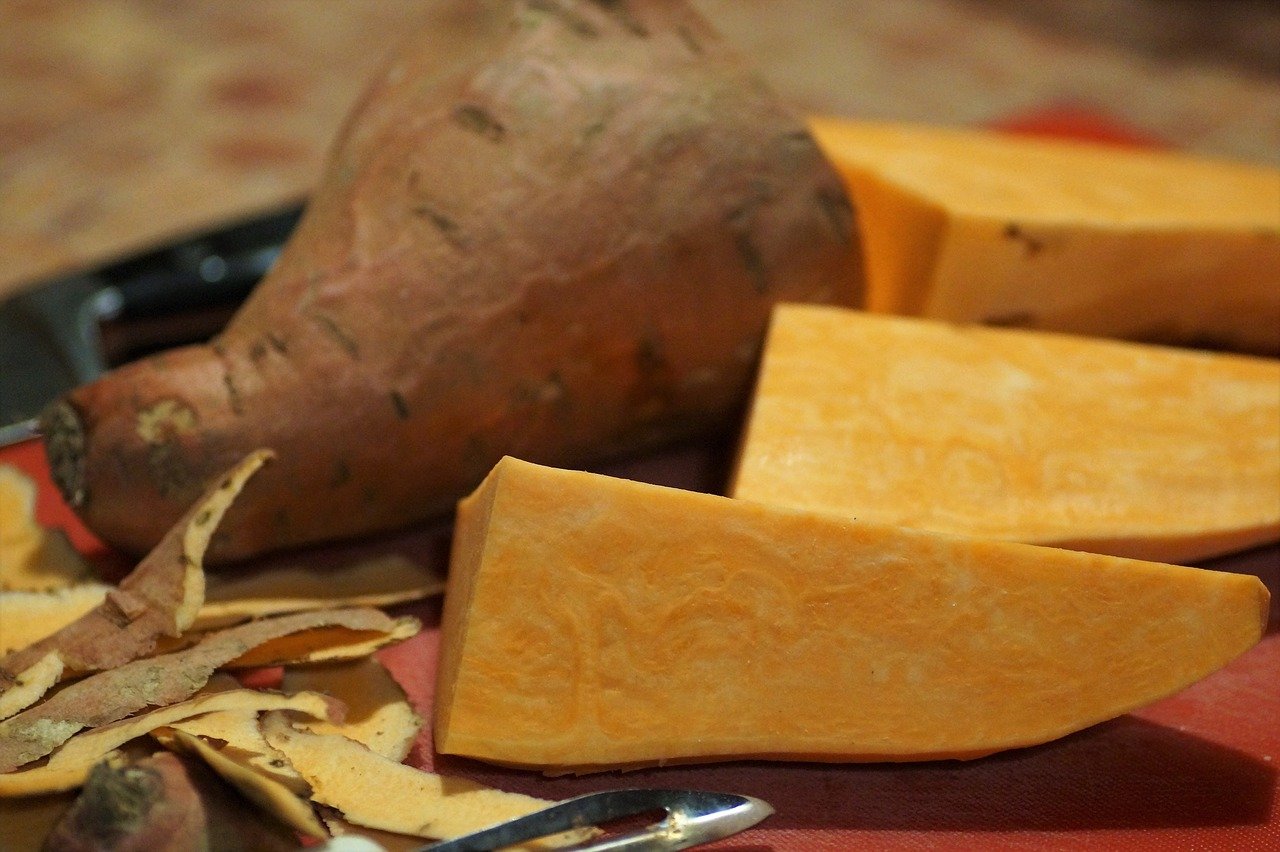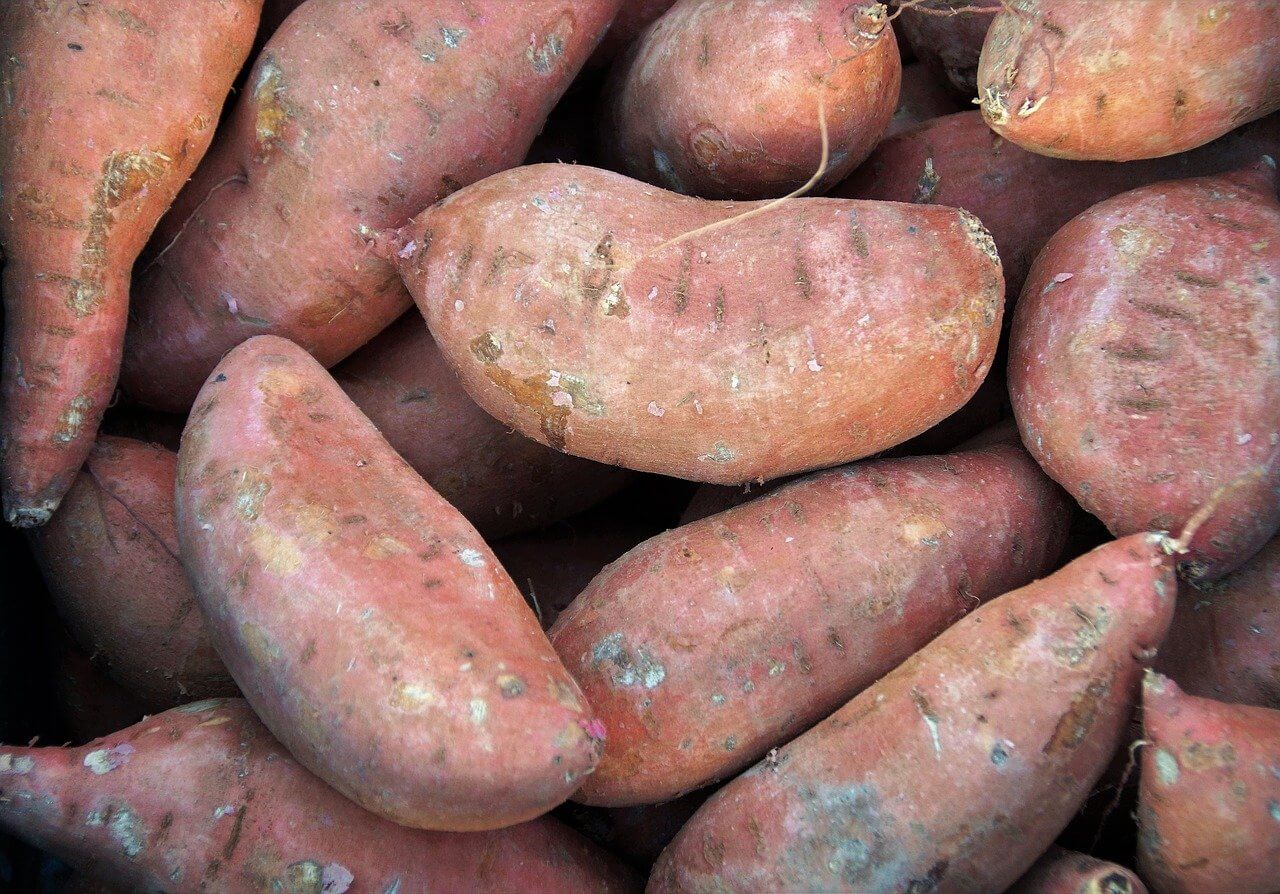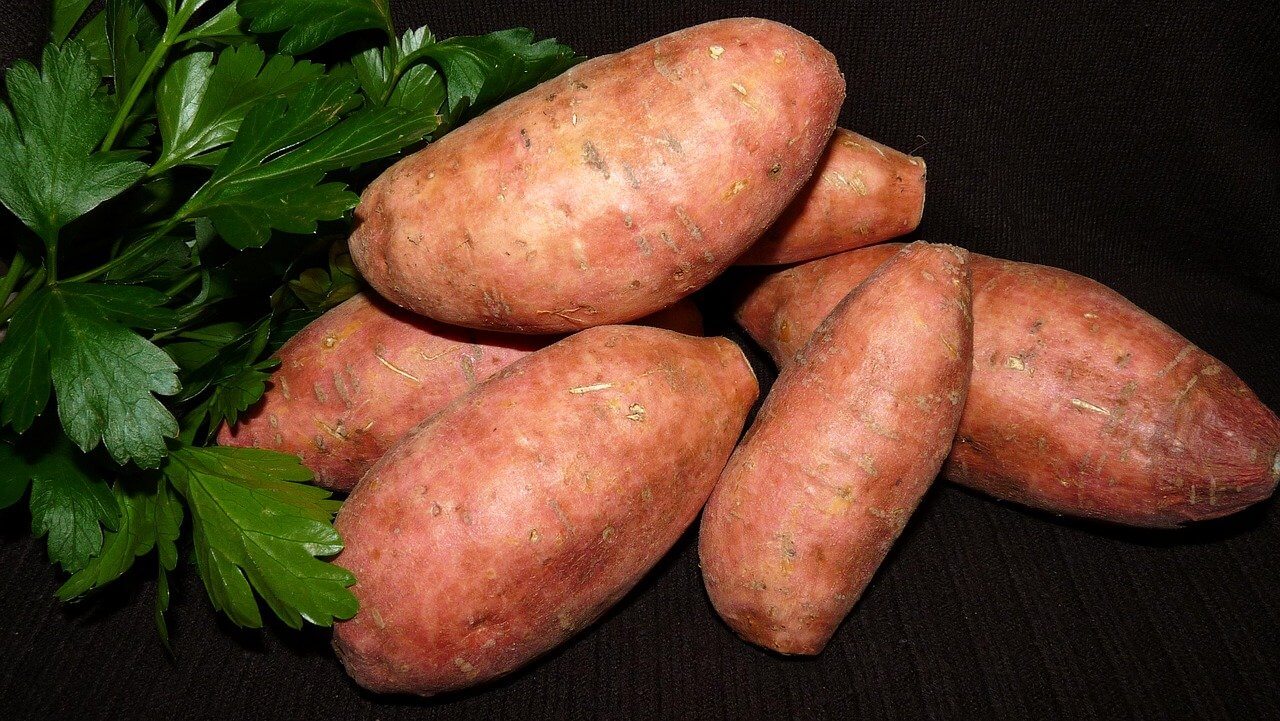Growing Sweet Potatoes In Containers Indoors
Sweet potatoes are generally considered to be one of those sprawling, allotment or garden vegetables that need a lot of space to grow in. But did you know that you can grow them in pots or containers, indoors? Read on to find out more of this fascinating growing process, and how it can actually be … Read more
